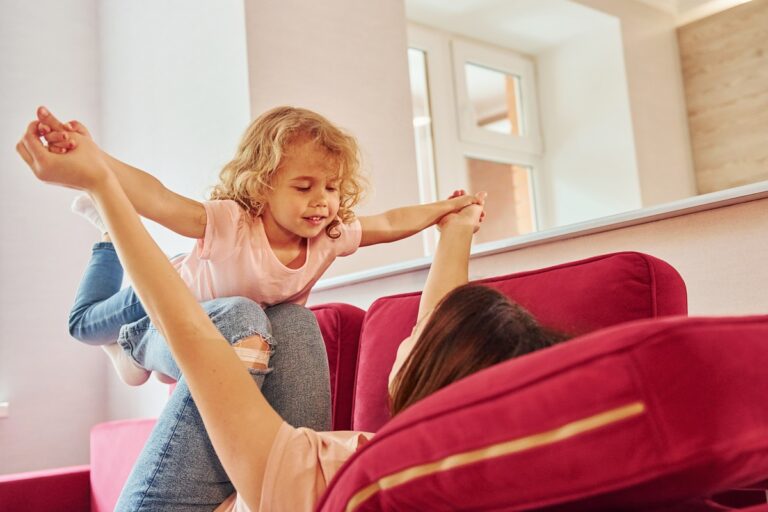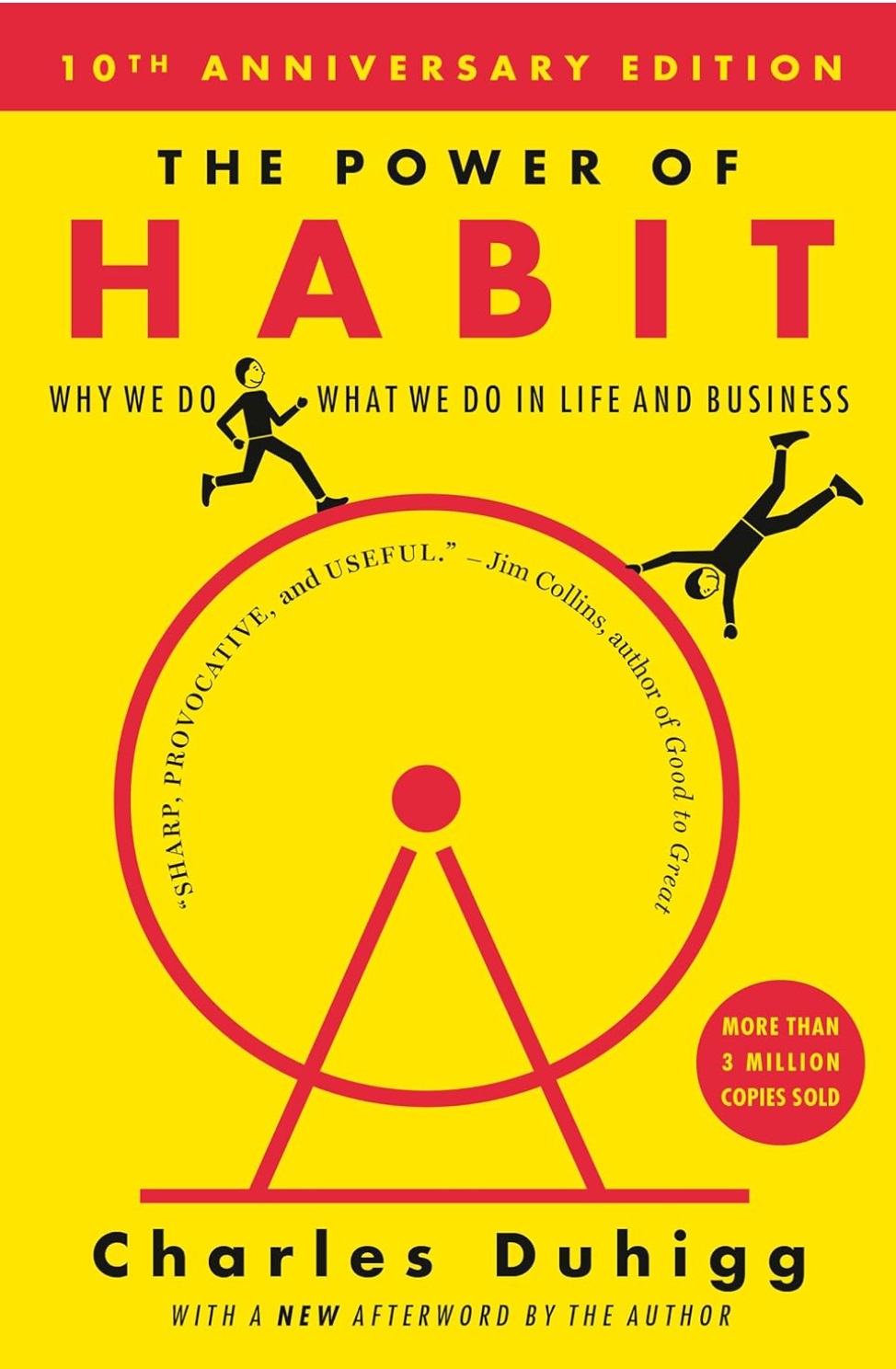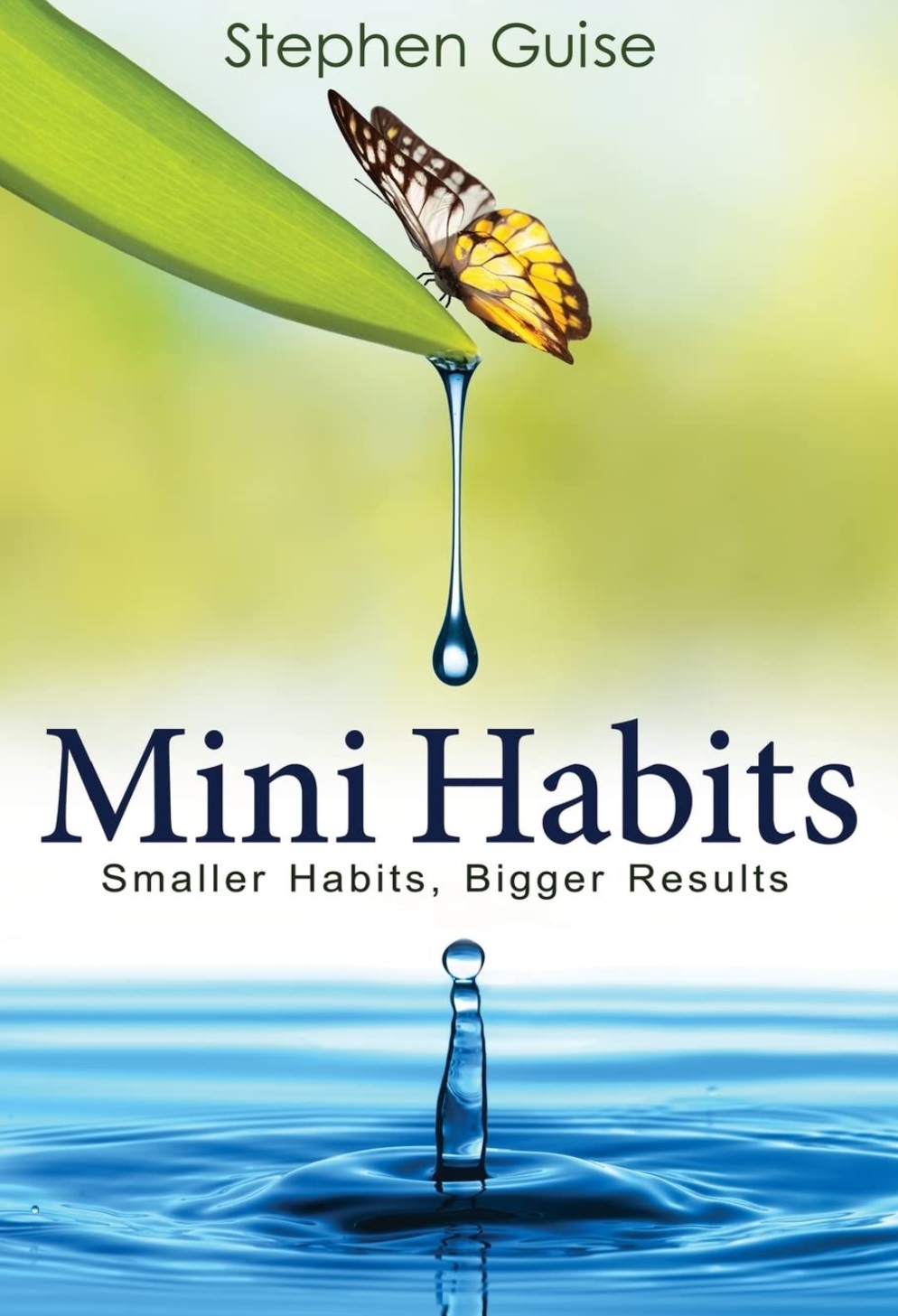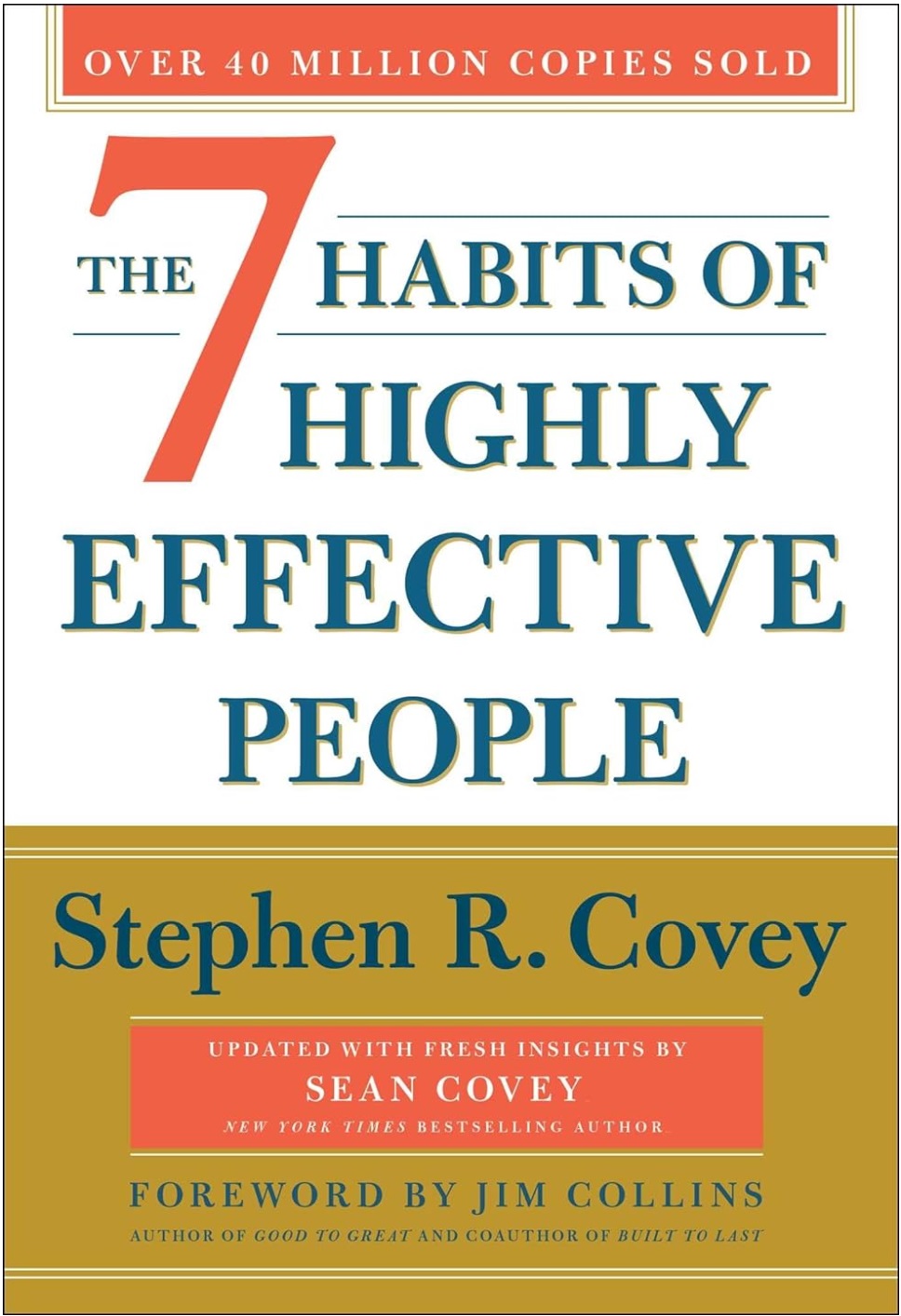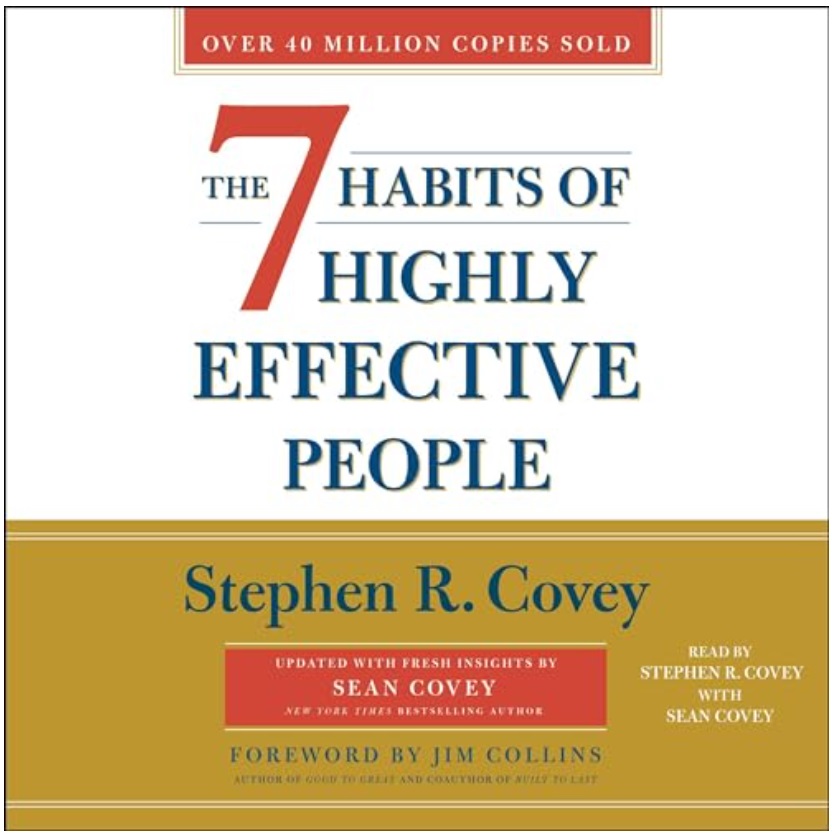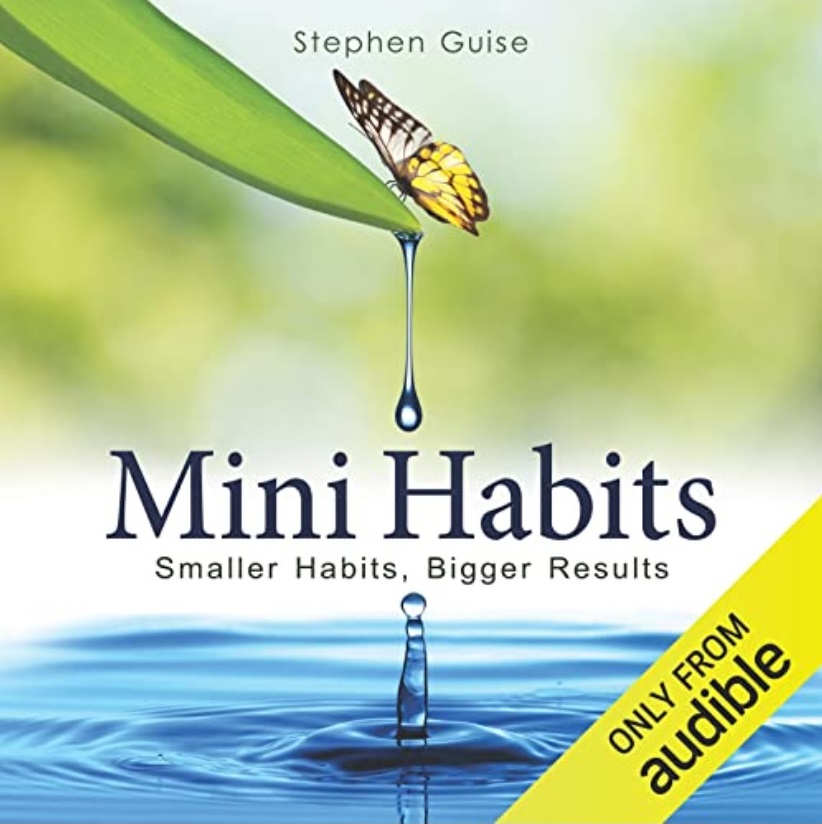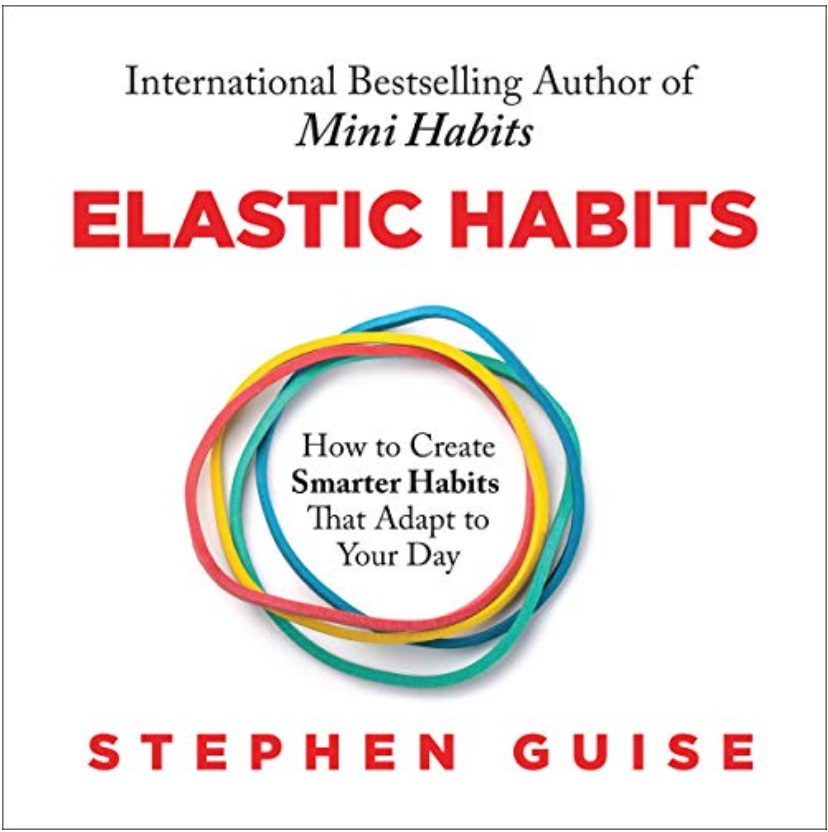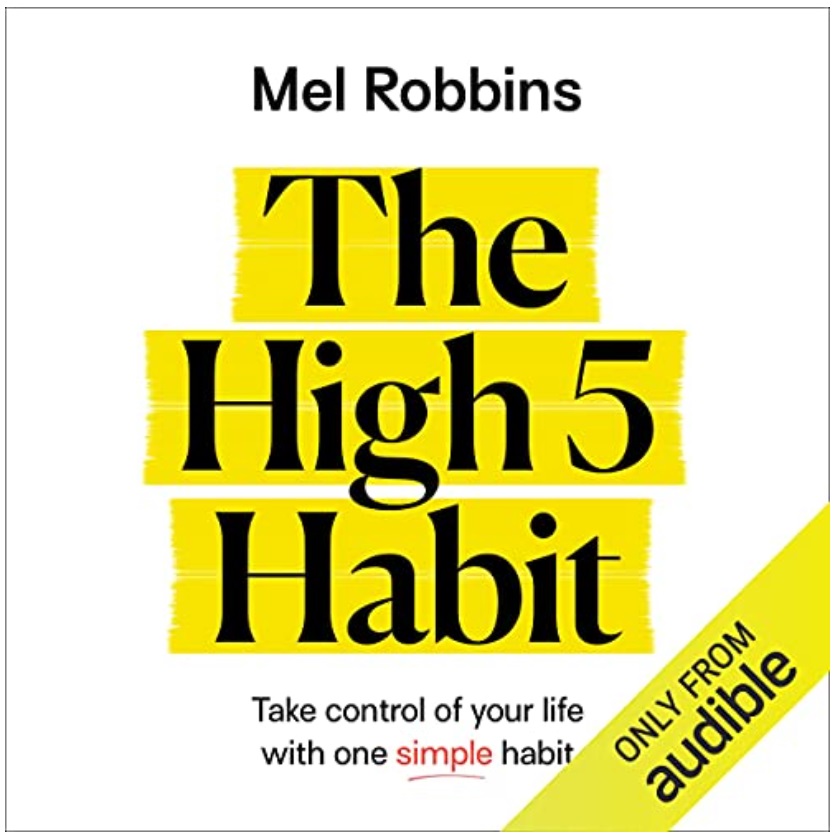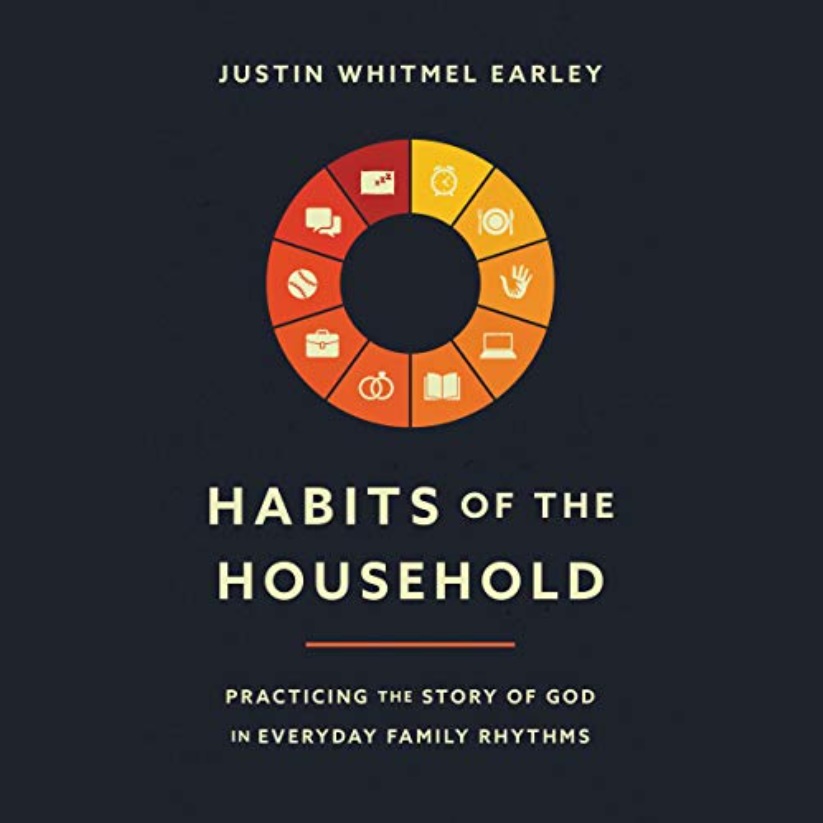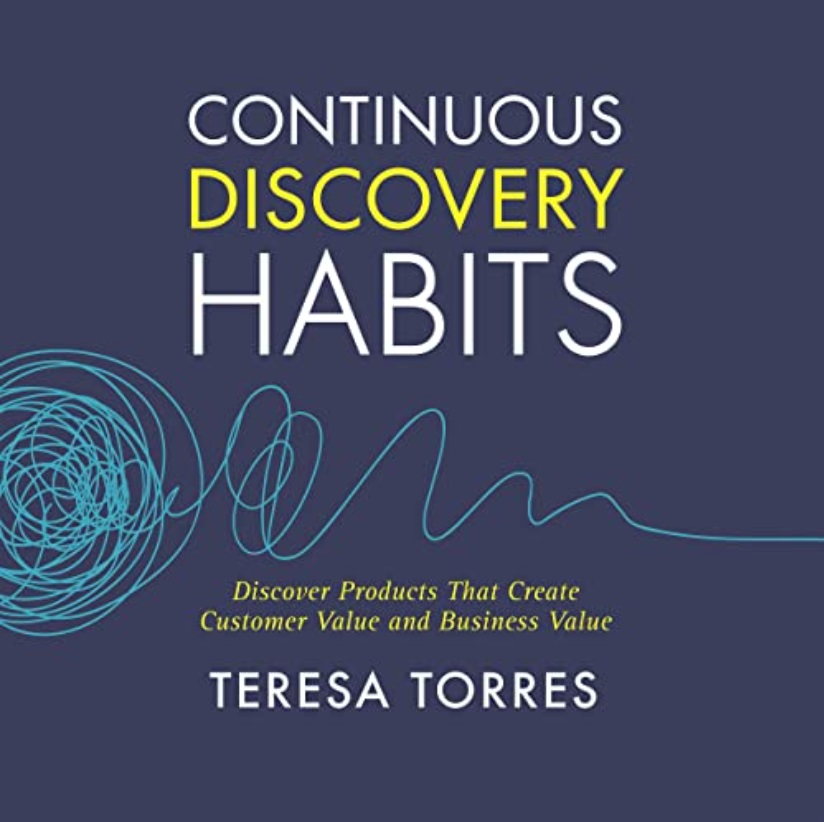- KEY POINTS
- Build stronger bonds with mindful parenting habits like quality time, active listening, and small acts of kindness.
- Create calm evening routines to ease stress and foster deeper emotional connections with your children.
- Encourage open emotional expression to help children feel heard, supported, and secure.
Parenting can often feel like a whirlwind of responsibilities, leaving little room to pause and truly engage with our children. I know the feeling all too well. Between work, house chores, and daily errands, I sometimes catch myself rushing through the day without savoring those small but meaningful moments with my kids. It’s easy to slip into autopilot, but practicing mindful parenting has helped me stay present and foster deeper connections with my children.
Mindful parenting isn’t about perfection; it’s about creating small, consistent habits that allow us to be more patient, understanding, and emotionally available. I’ve learned that by integrating simple habits into our daily routine, I can build a more peaceful environment for my children and myself. In this post, I’ll share the habits that have transformed my parenting journey and how they can help you nurture stronger relationships with your kids.
Table of Contents
ToggleCreating Intentional Morning Routines
Starting the day with intention can set a positive tone for the entire household. I used to rush through mornings, juggling breakfast, school prep, and emails all at once. The result? Stress, cranky kids, and a chaotic start to the day. I realized that by slowing down and creating a mindful morning routine, I could cultivate calmness for everyone.
Prioritizing Connection Over Hustle
One small habit that’s made a huge difference is spending the first 10 minutes of the morning connecting with my kids. Instead of immediately diving into tasks, I sit with them during breakfast, ask about their dreams, or share what I’m looking forward to in the day. This brief window of connection brings a sense of calm and reminds me that our relationship matters more than crossing items off my to-do list.
Breathing Exercises to Start the Day
I introduced a simple breathing exercise that we do together before heading out the door. We sit for one minute, close our eyes, and take five slow, deep breaths. This habit grounds us and helps ease any anxieties about the day ahead. Even my youngest child now reminds me if we forget our morning breaths.
Reflective Questions for Your Morning Routine
- How can I prioritize quality connection during the morning rush?
- What simple activity can I add to promote calmness at the start of the day?
Encouraging Emotional Check-ins
One of the most transformative habits I’ve developed is making space for emotional check-ins. As adults, we often underestimate how much our children carry emotionally throughout the day. I used to ask, “How was school?” and receive the typical one-word response: “Fine.” Now, I approach it differently.
Asking Open-Ended Questions
Instead of generic questions, I now ask, “What made you laugh today?” or “Did anything make you feel frustrated?” These open-ended questions give my kids permission to express themselves more freely. I’ve been amazed at how much more they open up when they feel like I’m truly listening without judgment.
Modeling Emotional Honesty
I also make it a point to model emotional expression. If I’ve had a stressful day, I share it in a gentle, age-appropriate way. I might say, “Mom felt overwhelmed at work, so I took a few deep breaths to calm down.” This not only normalizes emotional expression but teaches them that it’s okay to experience a range of feelings.
Action Item for Emotional Check-ins
- Start by asking your child one open-ended question each evening. See how the dialogue evolves over time.
Creating Mindful Playtime
Playtime is one of the most organic ways to bond with children, but I often found myself multitasking during these moments. I’d sit with my kids but simultaneously scroll through emails or mentally prepare for the next day. Over time, I noticed they could sense when I wasn’t fully present. That realization encouraged me to adopt more mindful play habits.
Unplugging During Play
One simple but impactful change I made was putting my phone in another room during playtime. By removing that distraction, I could fully engage in the games, crafts, or storytelling. I found that even 20 minutes of undistracted play made my children feel more valued and secure. It didn’t need to be hours – just a brief but focused connection time.
Letting Children Lead
I also let my kids take the lead during play. Instead of suggesting activities, I ask, “What would you like to do?” Allowing them to choose gives them a sense of autonomy and excitement. Sometimes, we build forts, and other times, we simply sit and draw together. These moments strengthen our bond and encourage creativity.
Reflective Questions for Playtime
- Am I fully present during playtime, or am I often distracted?
- How can I create more opportunities for child-led activities?
Cultivating Gratitude and Appreciation
Expressing gratitude has been a game-changer in fostering a more positive environment at home. I noticed that when I expressed appreciation for my children’s small actions—like sharing their toys or helping with chores—they mirrored that behavior. Gratitude became contagious.
Daily Gratitude Ritual
Each night, before bed, we share one thing we’re grateful for. Sometimes it’s something simple like, “I’m grateful we made cookies today,” or, “I’m thankful for a hug from you.” This small practice shifts our focus from what went wrong to the moments of joy we experienced throughout the day.
Writing Gratitude Notes
I also began leaving little gratitude notes in my children’s lunchboxes or backpacks. A quick “I love you” or “Thanks for helping your sibling” brightens their day and reinforces positive reinforcement. My kids even started writing small notes back to me, which has become a sweet family tradition.
Action Item for Gratitude
- Create a nightly gratitude ritual with your child. Ask them to name one thing they appreciated about the day.
Creating Calm Evening Routines
Evenings in my house used to feel rushed—getting dinner ready, baths, and bedtime often felt like tasks to check off a list. I realized that this hurried atmosphere wasn’t helping anyone wind down. So, I decided to shift our evenings into a calm and mindful transition from the day.
Slowing Down Before Bed
I started dimming the lights after dinner and playing soft, soothing music while my kids got ready for bed. This small adjustment created a signal that the day was winding down. The atmosphere alone helped ease the bedtime routine, making everyone more relaxed. I noticed fewer bedtime battles and more cooperation from my kids, which reduced my stress as well.
Gentle Bedtime Stories and Conversations
Reading a story together or simply talking about the day became the highlight of our evenings. I made a conscious effort to avoid rushing through this part. Sometimes, I let my kids pick multiple books, and we read for as long as they wanted. On other nights, we’d have quiet conversations about whatever was on their minds. This unstructured time allowed them to feel safe and connected.
Reflective Questions for Evening Routines
- Is bedtime a peaceful time for my children, or does it feel chaotic?
- What small changes could help create a calmer evening atmosphere?
Encouraging Emotional Expression
One of the most important habits I’ve nurtured with my children is encouraging open emotional expression. I grew up in a family where feelings were often brushed aside, so I wanted to break that cycle for my kids. I wanted them to know that all emotions are valid and that our home is a safe space to express them.
Listening Without Judgment
When my child is upset, I resist the urge to fix the problem immediately. Instead, I let them express their emotions fully. I sit with them and listen, saying things like, “I understand why you feel that way.” This small act of validation helps them feel seen and heard, which strengthens our trust.
Naming Emotions Together
For younger children, naming emotions is incredibly helpful. If my child is frustrated but can’t find the words, I gently suggest, “Are you feeling sad or mad right now?” This not only helps them identify their emotions but also gives them the language to express themselves in the future.
Action Items for Emotional Expression
- Spend a few minutes each evening asking your child how they feel and listening attentively.
- Encourage them to express their emotions through drawing or storytelling if verbal communication feels difficult.
The Power of Small Acts of Kindness
Another simple but impactful habit I’ve developed is modeling small acts of kindness within our family. Whether it’s making my children’s favorite breakfast or surprising them with a hug, these small gestures build a foundation of love and warmth.
Random Acts of Love
Sometimes, I’ll leave a favorite snack or treat on their pillow. Other times, I’ll randomly tell them how proud I am of something they did that day. These seemingly minor moments create lasting positive memories and reinforce the feeling of unconditional love.
Teaching by Example
I also show kindness to others in front of my kids—holding the door for strangers, expressing gratitude to service workers, or donating to local causes. When children witness these actions regularly, they begin to mirror the behavior in their own lives, spreading kindness beyond the home.
Reflective Questions for Acts of Kindness
- How can I incorporate more acts of kindness into my daily interactions with my children?
- How often do I model kindness toward others in front of my kids?
Final Thoughts
Mindful parenting isn’t about grand gestures or striving for perfection. It’s found in the small, everyday habits that build trust, love, and emotional security over time. By prioritizing quality time, encouraging emotional expression, and creating peaceful routines, I’ve seen incredible growth in my relationship with my children.
These habits don’t require extra time—they simply require intention. When I show up fully present, even in the simplest moments, it nurtures a deeper connection that strengthens the bond with my children.
If you’re on a journey toward more mindful parenting, start small. Choose one habit to introduce this week and gradually build from there. The little moments matter more than we realize.

